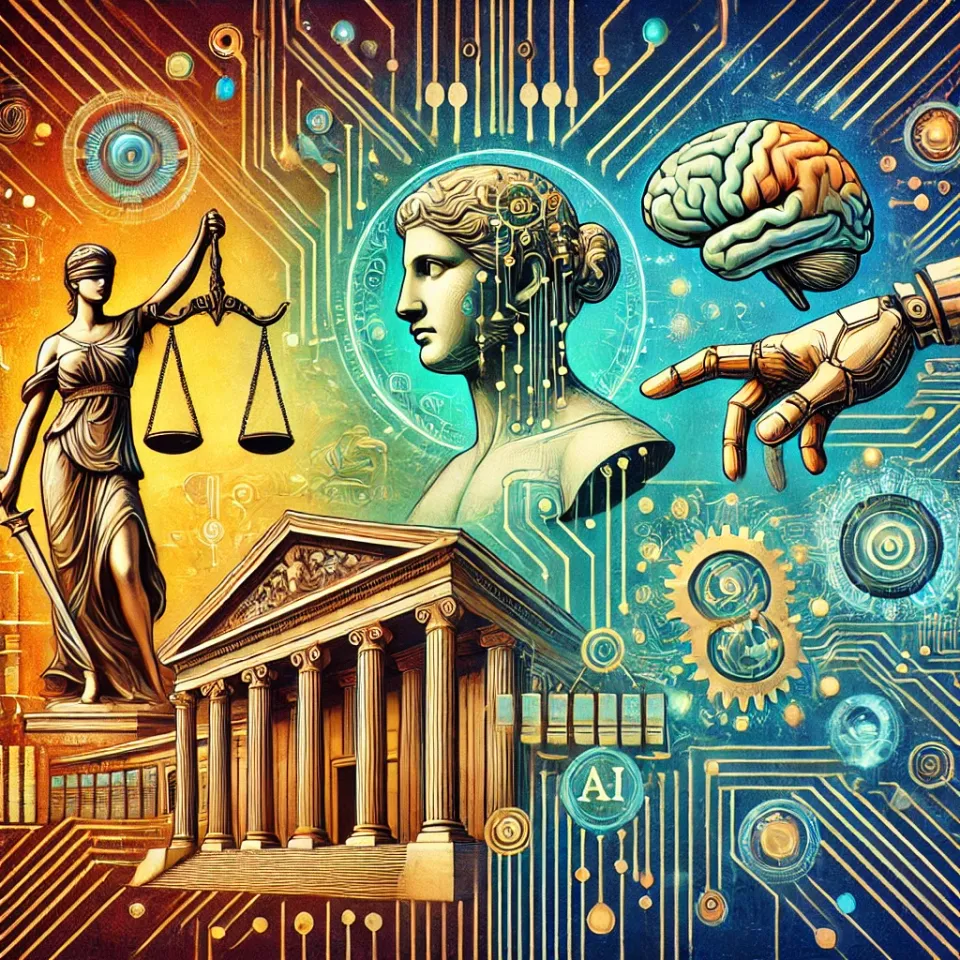Legal AI Still in 'Caveat Emptor' Phase
A large percentage of attorneys and law firms are already using AI to varying degrees. The momentum is there and the opportunity is significant but there are still some thorny questions to resolve.






